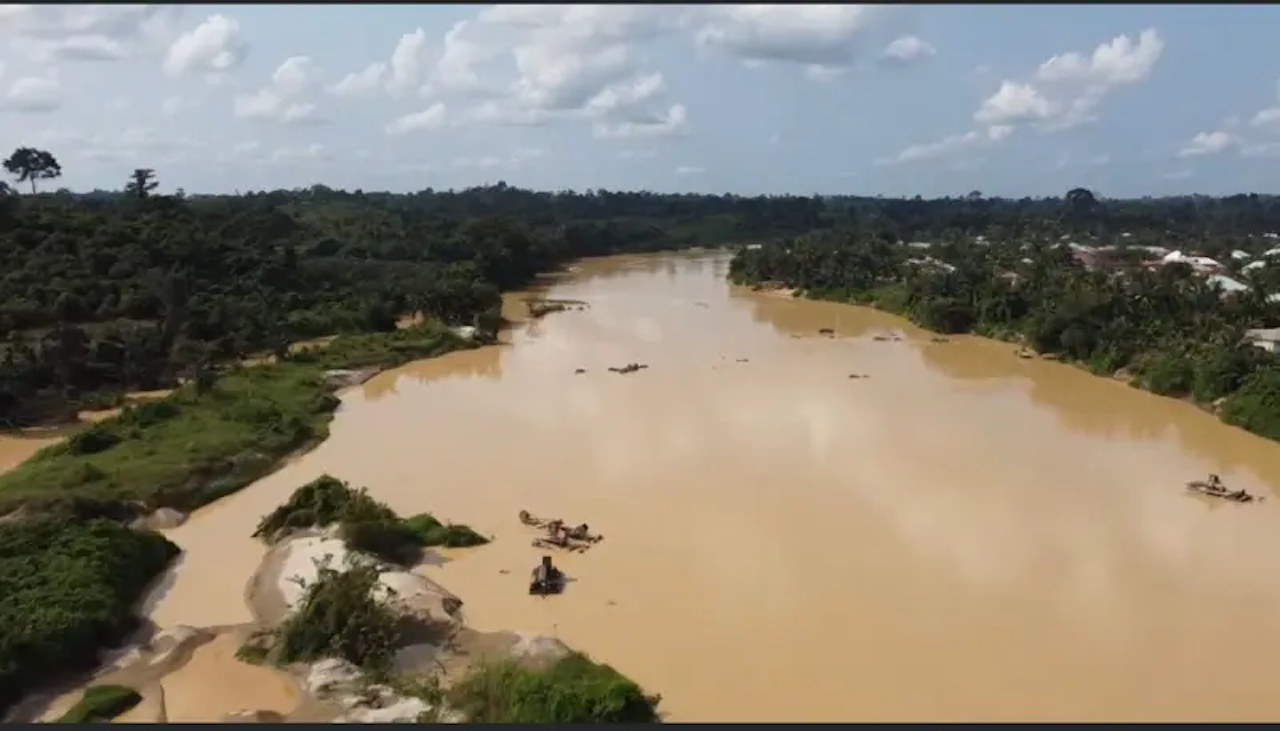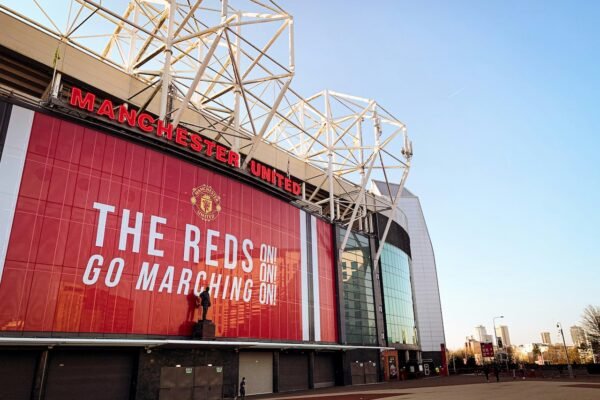|
LISTEN TO POST:
|

Illegal small-scale mining, known locally as galamsey, remains one of the most pressing environmental and socio-economic challenges in Ghana. With the 2024 presidential elections fast approaching, this issue has taken center stage in the manifestos and political strategies of the main parties, the New Patriotic Party (NPP) and the National Democratic Congress (NDC). Despite multiple interventions over the years, galamsey continues to devastate Ghana’s natural resources, especially its water bodies, forests and agricultural lands, while threatening public health and local livelihoods.
The Environmental and Economic Impact
The scale of environmental degradation from galamsey is immense. Ghana’s major rivers—such as the Pra, Offin and Ankobra—have been heavily polluted, with many water bodies rendered unusable for irrigation or as sources of potable water. Deforestation, loss of arable land and mercury contamination from mining processes compound the environmental damage. The repercussions extend to the economy, where local communities that rely on fishing, farming and tourism are suffering severe setbacks. Meanwhile, the government is forced to allocate significant resources for land reclamation and water purification, straining the national budget.
Galamsey and Political Accountability
The persistent challenge of galamsey has raised serious questions about governance, regulatory enforcement and political will. Critics of the current government, including opposition leader Dr. Cassiel Ato Forson of the NDC, have accused the ruling NPP of failing to curb illegal mining due to alleged corruption and complicity among officials. The minority leader recently emphasized that leadership failure and weak enforcement mechanisms have allowed the problem to fester, endangering the future of Ghana’s natural resources. This sentiment echoes widespread public frustration over the government’s inability to deliver sustainable solutions to the galamsey crisis.
Protests: Galamsey and Grassroots Movements
Public protests have played a significant role in pushing the issue of galamsey to the forefront of national conversations. Civil society groups, environmental activists and local communities have organized demonstrations across the country, demanding stronger government action to stop illegal mining. One of the most notable was the “#StopGalamseyNow” movement, which brought together various stakeholders to call for immediate reforms to protect Ghana’s water bodies and natural resources. These protests have pressured both the ruling government and opposition parties to prioritize galamsey as a key electoral issue, as the environmental degradation caused by illegal mining has direct implications for local livelihoods, public health and Ghana’s long-term economic sustainability.
Additionally, religious groups such as the Christian Council of Ghana and other interfaith organizations have mobilized protests and advocacy campaigns, framing the fight against galamsey as a moral obligation to protect God’s creation. These grassroots movements have compelled the political elite to address the issue, even as enforcement of laws against galamsey remains inconsistent. The 2024 elections cycle is proving to be a litmus test for how much the political establishment is willing to commit to ending the practice under mounting public pressure.
The Parties’ Proposals: NPP vs. NDC
Both major political parties recognize the severity of galamsey and have outlined strategies to address it, albeit with differing approaches.
NPP’s Approach: The ruling party proposes to reform the small-scale mining sector through amendments to the mining laws, simplifying the licensing regime for legal small-scale miners. They also intend to strengthen enforcement of mining regulations and enhance reclamation programs by utilizing a Reclamation Fund. Additionally, the NPP seeks to establish a Minerals Development Bank to support small-scale miners with legal operations and finance sustainable mining projects.
NDC’s Plan: The opposition party’s strategy focuses on improving access to legal mining equipment by setting up district-based mining equipment pools. This proposal aims to reduce the reliance on illegal equipment sources that often support galamsey operations. The NDC has also pledged to develop a more inclusive regulatory framework that ensures small-scale miners can operate legally and sustainably.
While these proposals sound exciting, citizens remain unconvinced of the capability of government to enforce them and are eager to see more action and less talk.
A New Political Force: The New Force’s Proposal
Beyond the two main parties, the New Force, an emerging political group, has gained attention with a radical approach to solving the galamsey problem. The New Force proposes establishing a “Community Mining Framework” that involves local chiefs, district assemblies, and civil society organizations in monitoring and regulating mining activities. They emphasize decentralization as a key strategy, advocating for stronger community ownership of natural resources and a cooperative model where revenues from mining are reinvested into local development projects. This model also includes a comprehensive land restoration program, where former mining sites would be rehabilitated into agricultural or eco-tourism ventures to provide sustainable livelihoods for communities affected by galamsey.
As Ghana heads to the polls in December 2024, the galamsey issue has become a pivotal point of contention between the NPP and NDC. However, some analysts believe that neither party has presented sufficiently transformative solutions to change the incentive structures driving illegal mining. Political and economic dynamics, including the role of galamsey in local economies and the influence of powerful figures involved in mining, create a complex environment for meaningful reform. As both parties seek to balance economic interests with environmental sustainability, their proposals may fall short of addressing the root causes of illegal mining. Nonetheless, citizens remain hopeful of change!














